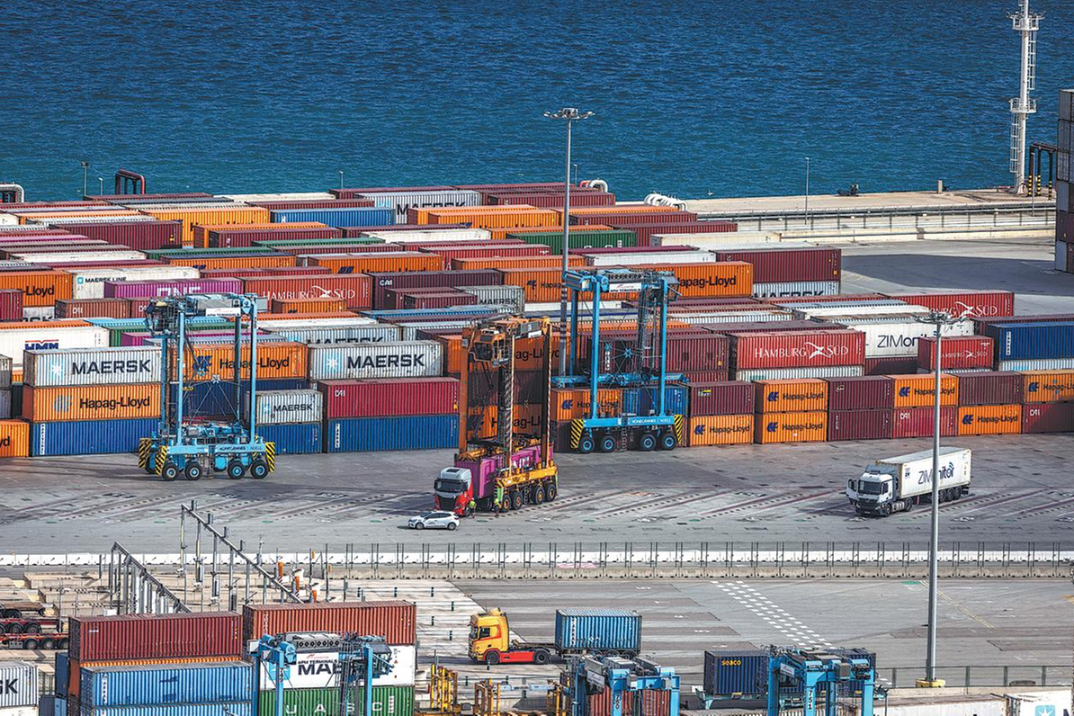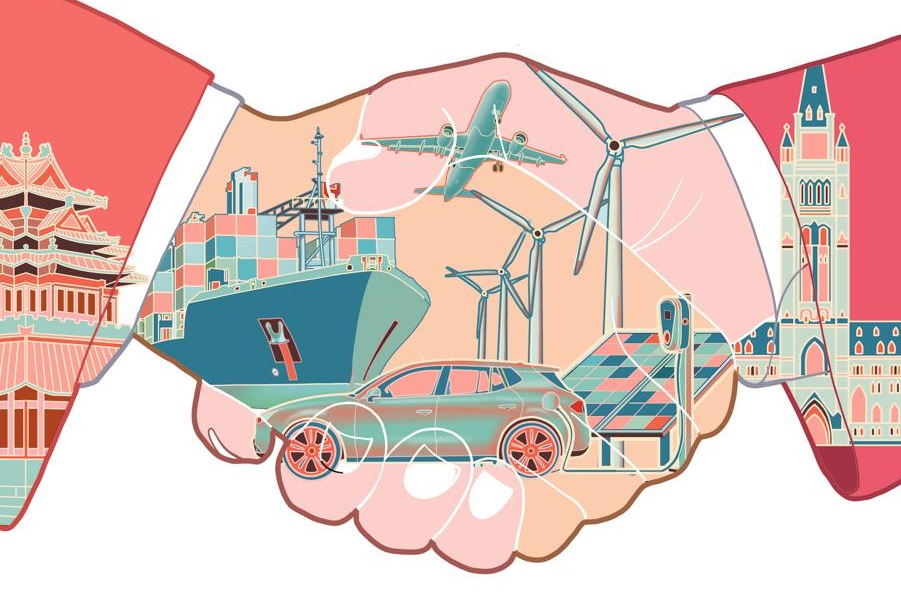Keep up the good fight


The future of global climate governance under the next US administration appears bleak at first sight
Donald Trump was elected the 47th president of the United States. This will have a significant influence on global climate governance.
Trump not only questions the objectivity of climate change and the authenticity of its negative impacts on human society, but also opposes emission reduction and mitigation, and adaptation policy measures taken to address the climate crisis. He has indicated he will once again withdraw the US from the Paris Agreement and may even withdraw it from the United Nations Framework Convention on Climate Change.
Without any doubt, under the leadership of Trump, various retrogressive measures can be expected to be implemented. During his first term, he revoked or suspended countless climate policy regulations and research programs, and appointed a number of leaders with differing views on climate change to keep positions in the fields of energy and the environment.
In 2016, Trump announced his intention to withdraw the US from the Paris Agreement at the time when the 22nd session of the Conference of the Parties to the UNFCCC was being held in Marrakesh, Morocco, during which the Conference of the Parties to the Paris Agreement had just convened its first meeting.
In October, the UN Environment Programme released the "2024 Emissions Gap Report", with the theme of this year's report being "Stop empty talk". The report pointed out that "there is a huge gap between the rhetoric and reality of countries, and new climate commitments need to be formulated".As for the US, the problem now is that they may not even have any good words to say under Trump's leadership, and even the US' old climate commitments may not be upheld any longer. Therefore, where will global climate governance go?
The COP29 is currently being held in Baku, the capital of Azerbaijan. There is no doubt that Trump's victory has cast a heavy and gloomy shadow over this conference, which may be difficult to dispel for at least the next four years. We cannot help but ask: What will global climate governance be like without the participation of the US?
First, it will no longer be truly global climate governance. Given its global influence as well as its fossil energy production and consumption and greenhouse gas emissions, the US plays a key role in global climate governance. The Joe Biden administration has been actively addressing climate change and proposed the goal of reducing US greenhouse gas emissions by 40 percent by 2030 compared to 2005.The Biden administration has also proposed net zero emissions by 2050 and an investment of $2 trillion in infrastructure and clean energy.
In order to achieve these goals, in 2022, the US passed the most important climate legislation in history, the Inflation Reduction Act. The detailed rules, including the list of electric vehicles eligible for subsidies, were just announced on April 1, 2023. But will these rules still be implemented next April? Probably not. It is also unlikely the remaining funds in the Inflation Reduction Act will be in place. The National Clean Power Association stated that from August 2022 to August 2023, the private sector in the US established 80 large-scale clean energy facilities with a total investment of over $270 billion. In the future, this momentum may not be sustainable. After all, the president-elect doesn't like the bill at all and has promised to repeal it.
Second, Trump's attitude, stance and approach toward climate change may affect the trust and confidence urgently needed for global climate governance. Coping with climate change is a systematic project that requires joint consultation and cooperation from all parties around the world. Only by consolidating into a collective force can human beings be liberated from the climate crisis. Now Trump's future policies in the field of climate diplomacy may undermine everyone's confidence.
Is it the death sentence for global climate governance? Is there no future for global climate governance? Of course not, we still have hope and expectations. First, for global climate governance, the US is important, but not the only important player. Currently, Europe and China are actively promoting the development of global climate governance. There is still a lot of room and agenda for cooperation between China and Europe, and we believe that such cooperation will have a great impact.
Second, although the president-elect is important for US climate policy, he is not the only important force. The US has always had many forces actively addressing the climate crisis, which transcend partisan politics. They exist in the private sector, in technology companies, and among many ordinary people who value environmental protection and care about climate change. California has always been a leader on the climate change issue. And another notable example is that Elon Musk is a good friend of Trump, but his views on electric vehicles are still very different from Trump's.
Third, there is still the possibility of joint cooperation not only between China and Europe, but also between China and the US, and between the US and Europe to address the climate crisis. Taking California as an example, Governor Gavin Newsom visited China during Trump's first term to express the necessity and importance of actively cooperating with China, and indeed both sides subsequently promoted cooperation in different ways. We should continue to maintain cooperation and contact with the US Climate Alliance.
We still believe there is hope. In the future, China will continue to take the path of climate governance through emission reduction, mitigation and adaptation from the perspective of building a community with a shared future for mankind, with the aim of establishing an ecological civilization and building a beautiful China. China will also work together with all the actors and all the forces in the world to make a difference in addressing the climate crisis.
The author is an assistant researcher at the Institute of American Studies at the Chinese Academy of Social Sciences. The author contributed this article to China Watch, a think tank powered by China Daily.
The views do not necessarily reflect those of China Daily.
Contact the editor at editor@chinawatch.cn.


































